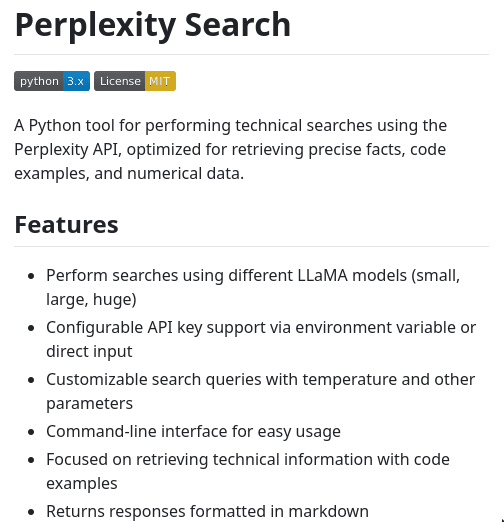Introduction to Evaluating LLM Performance
Large Language Models (LLMs) have become a cornerstone in the field of artificial intelligence, enabling applications ranging from chatbots to complex data analysis. However, evaluating their performance remains a critical task. OpenAI’s Python API provides a robust framework for this purpose, leveraging Opik, an open-source platform designed for evaluating, testing, and monitoring LLM applications.
Using Opik for Comprehensive Evaluation
Opik offers a suite of tools to ensure your LLM applications are functioning optimally. Here are some key features:
- Detect Hallucinations: One of the primary challenges with LLMs is their tendency to generate plausible-sounding but incorrect information, known as hallucinations. Opik helps in identifying and mitigating these issues.
- Evaluate RAG Applications: Retrieval-Augmented Generation (RAG) applications can be evaluated for their accuracy and relevance using Opik.
- Determine Answer Relevance: Ensuring that the answers generated by LLMs are relevant to the questions posed is crucial. Opik provides metrics to measure this relevance effectively.
- Measure Context Recall: Context recall is vital for maintaining coherence in conversations. Opik helps in measuring how well the LLM retains and utilizes context.
- Create and Store Test Cases: Opik allows users to create and store test cases, facilitating continuous evaluation and improvement of LLM applications.
- Integrate with CI/CD Pipeline: Using Pytest, Opik can be integrated into your Continuous Integration/Continuous Deployment (CI/CD) pipeline, ensuring that your LLM applications are always up-to-date and performing well.
Detecting Hallucinations
Hallucinations in LLMs can lead to significant issues, especially in applications requiring high accuracy. Opik’s detection mechanism helps in identifying these hallucinations early, allowing developers to take corrective actions. This is particularly important in fields like healthcare, where incorrect information can have serious consequences. For more insights on the limitations of LLMs in providing accurate health information, refer to the study on ChatGPT’s accuracy.
Evaluating RAG Applications
Retrieval-Augmented Generation (RAG) combines the strengths of retrieval-based and generation-based models. Evaluating these applications requires a nuanced approach, which Opik provides. By standardizing evaluation methods, Opik ensures that RAG applications are both accurate and relevant. This approach is similar to the standardized evaluation methods used by the Bengaluru-based startup, Ragas, which has gained significant traction for its open-source engine for automated evaluation of RAG-based applications. Learn more about Ragas’ impact on the industry here.
Determining Answer Relevance
Answer relevance is a critical metric in evaluating LLM performance. Opik provides tools to measure how well the generated answers align with the questions asked. This is particularly useful in applications like customer support and virtual assistants, where relevance is key to user satisfaction.
Measuring Context Recall
Context recall ensures that LLMs maintain coherence over extended interactions. Opik’s metrics help in evaluating how well the model retains and utilizes context, which is crucial for applications like chatbots and conversational agents. This feature is essential for maintaining the flow of conversation and providing accurate responses.
Creating and Storing Test Cases
Continuous evaluation is vital for improving LLM performance. Opik allows developers to create and store test cases, facilitating ongoing assessment and refinement of their models. This feature ensures that the models are consistently evaluated against a set of predefined criteria, leading to continuous improvement.
Integration with CI/CD Pipeline
Integrating Opik with your CI/CD pipeline using Pytest ensures that your LLM applications are always performing optimally. This integration allows for automated testing and deployment, reducing the time and effort required for manual evaluations. It also ensures that any changes or updates to the model are immediately tested and validated.
Conclusion
Evaluating LLM performance is a complex but essential task. OpenAI’s Python API, combined with Opik, provides a comprehensive framework for this purpose. By leveraging these tools, developers can ensure that their LLM applications are accurate, relevant, and reliable.
Related Articles
- Load Testing LLM Applications with K6 and Grafana
- Exploring the Inner Workings of Large Language Models (LLMs)
- Exploring the LLM Engineer’s Handbook: A Comprehensive Guide for AI Researchers
- 5 Ways to Implement AI into Your Business Now
- Navigating the Complexities of LLM Development: From Demos to Production
Looking for Travel Inspiration?
Explore Textify’s AI membership
Need a Chart? Explore the world’s largest Charts database
